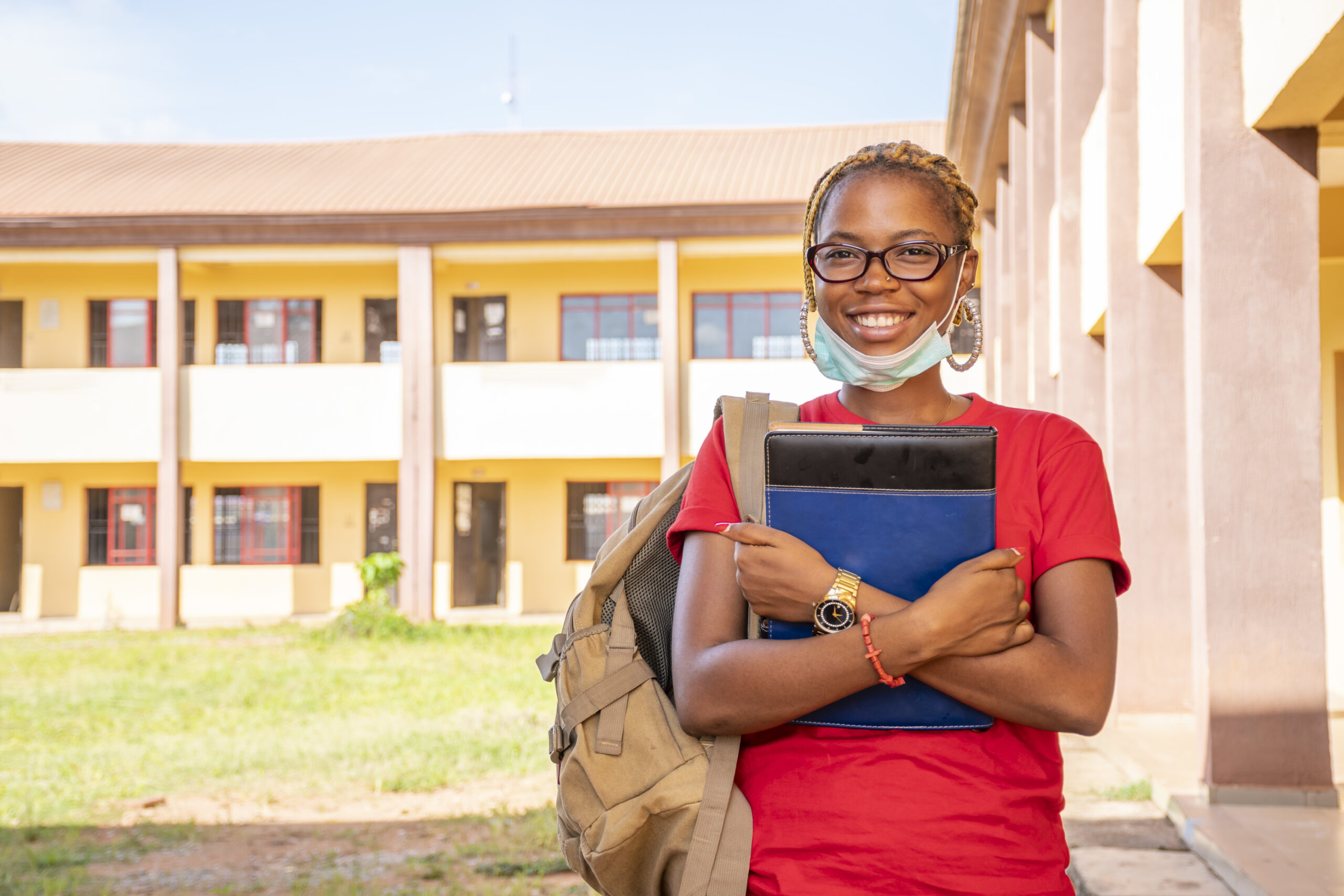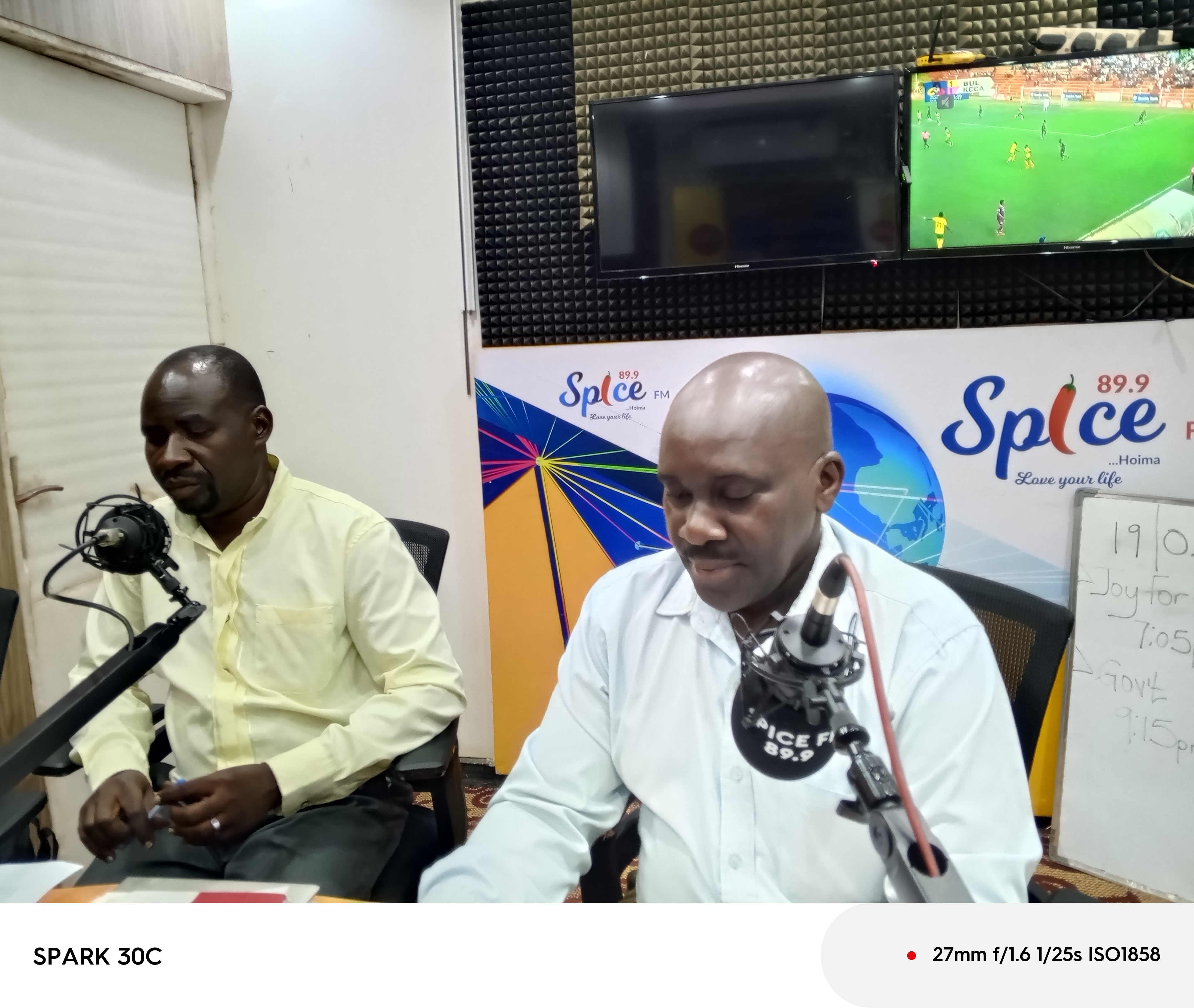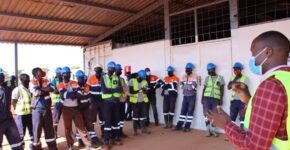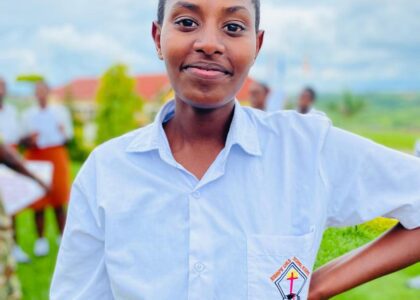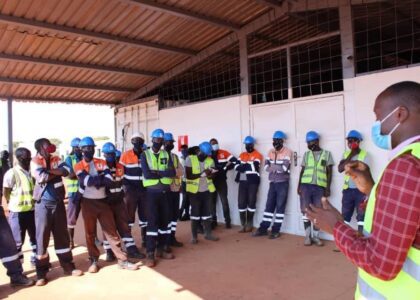In many parts of Western Uganda, poor school infrastructure has emerged as a silent but powerful driver of student dropouts, particularly in underserved and refugee-hosting communities. Crumbling classrooms, overcrowded learning spaces, lack of clean water and sanitation, and long distances to the nearest school all contribute to a challenging learning environment that discourages children from attending and completing their education.
According to Uganda’s Ministry of Education and Sports, the secondary school net enrollment rate remains low at just 27%, with significant disparities across regions. Western Uganda, despite being one of the most populous regions, suffers from acute infrastructural gaps in secondary education, particularly in districts hosting refugees
It is unfortunate that in many parts of Western Uganda, some students are forced to learn under trees due to the absence of proper school structures, while others are crammed into overcrowded classrooms that hinder effective teaching and learning. In several schools, science laboratories and libraries are either poorly equipped or entirely lacking, making it difficult for learners to engage in practical experiments, access reading materials, or develop essential skills. These conditions not only compromise the quality of education but also discourage regular attendance, contributing significantly to high dropout rates among both boys and girls
In response to these challenges, Joy for Children Uganda, in partnership with Windle International Uganda, is implementing the Uganda Secondary Education Expansion Project (USEEP) Lot 3 over a 15-month period across 17 districts in Western Uganda. These districts include Buliisa, Hoima, Masindi, Kiryandongo, Kagadi, Kakumiro, Kibaale, Kikuube, Bunyangabu, Kasese, Ntoroko, Bundibugyo, Kamwenge, Kitagwenda, Kyegegwa, Kyenjojo, and Kabarole. The USEEP project is funded by the World Bank through the Ministry of Education and Sports.
The project will see the construction of 116 new schools, 93 of which are in the 17 districts of Western Uganda. It will also expand these schools with new infrastructure such as gender-sensitive latrines, water and sanitation (WASH) facilities, laboratories, learning hubs, class room blocks as well us equipment to be used in these new structures.
Joy for Children Uganda will focus on Component One of the project Equitable Expansion of Lower Secondary Education by promoting safe, inclusive, and protective school environments. Schools will be supported to align with child-friendly standards, including protection from violence, gender sensitivity, academic effectiveness, and strong community engagement. Local headteachers, pupils, parents, and school governance structures will be trained on child protection, trauma support, and safe learning practices using national policy frameworks like the Children’s Act (2016), the National Child Policy (2020), and the Gender in Education Policy (2016).
Joy for Children Uganda and Windle International Uganda aim to not only expand access to education but also to ensure that schools are places where children are safe, supported, and inspired to learn. The project aims at reducing Uganda’s dropout trends and building a future where every child, regardless of location or background, has access to quality secondary education.

